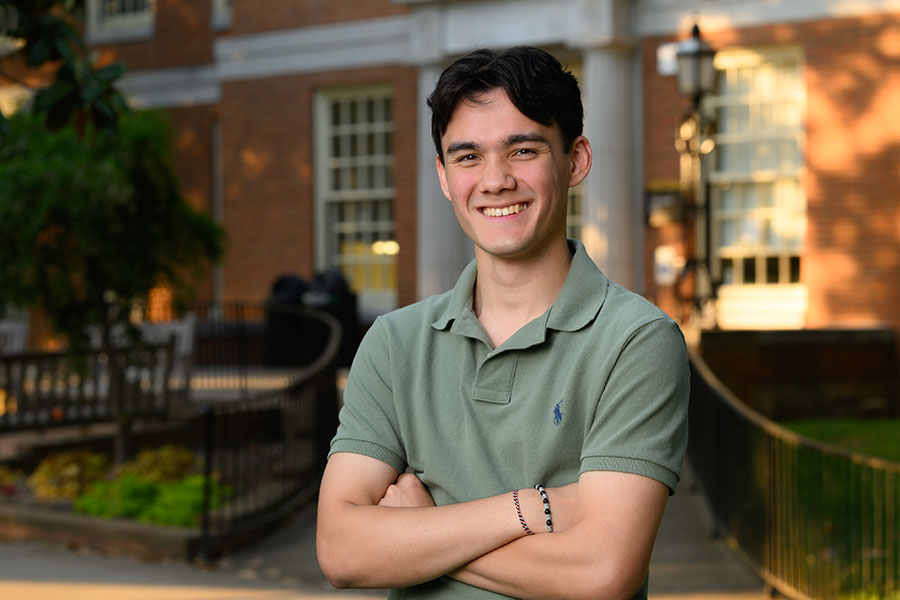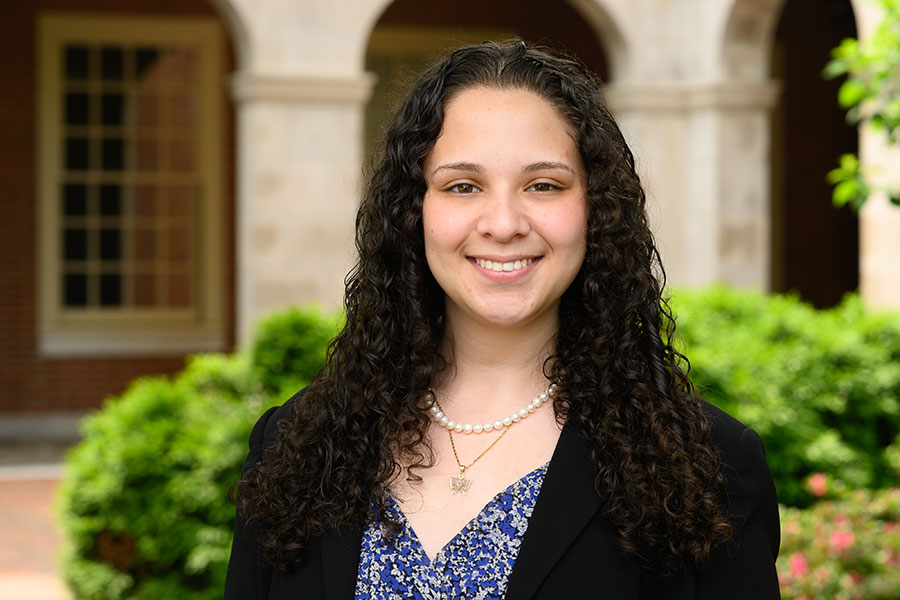Back to class: Teacher representation on TV in 'Abbott Elementary'

“Abbott Elementary,” a mockumentary about teachers in a high-poverty school in Philadelphia, ended its first 13-episode season with a multiplatform viewership of 5.9 million and a rare 100% Rotten Tomatoes score. The show was nominated for seven Emmy awards and won three. It returns tonight for its second season on ABC.
Communication professor Mary Dalton is an expert on teacher representation in popular culture. In this Q&A she looks at teachers on “Abbott Elementary” and puts them in context with other shows representing teachers in past decades.
Dalton is a coauthor with Laura R. Linder of Teacher TV: Seventy Years of Teachers on Television (2020) and Screen Lessons: What We Have Learned from Teachers on Television and in the Movies (2017).
How does the depiction of teachers at “Abbott Elementary” differ from other TV shows representing K-12 classrooms?
As my coauthor Laura R. Linder and I noted in our book Teacher TV: Seventy Years of Teachers on Television, we’ve seen a downward spiral in the depiction of teacher characters on TV over the last 20 years. “Abbott Elementary” is a breath of fresh air because it is funny. However, it takes seriously the hard work of educators faced with limited resources that affect their ability to educate and nurture children. The series has developed a cast of engaged educators that serves as a much-needed antidote to the scores of recent teacher characters that are childish, churlish, vulgar, burned out, disturbed and incompetent.
What impact do you think the show has on the perception of teachers?
The negative representation of educators in popular culture over the last two decades has coincided with initiatives to deprofessionalize teaching and undermine the institution of public education. A popular series like “Abbott Elementary” has the potential to disrupt the dominant narrative with teacher characters who are smart, hardworking, innovative and dedicated. These characters are human – they get frustrated and tired and make mistakes – but these elements enhance rather than detract from the ability to inspire viewers and cast teachers in a more favorable light. The teachers don’t give up. They keep learning right alongside their students and colleagues.
Do you think this show reflects a change in the way that the teaching profession is viewed?
Not yet, but I can always hope. It will take more than one series to counteract the glut of negative portrayals that have piled up. I am deeply concerned about the cynicism and dark themes that permeate most of what makes it to our small screens. The quest to attract eyeballs has led to the creation of evermore outlandish and edgy narratives designed to shock viewers and grab headlines. Popular narratives are engines for the transmission of cultural values; they tell us what it means to be human and help us locate our place in the world. I think many people are hungry for aspirational stories that point us in a better direction personally and culturally. “Abbott Elementary” is a good start.
Who is the teacher you like the most?
I probably relate most to Barbara Howard, played by Sheryl Lee Ralph, who just won an Emmy for the role. She is a seasoned teacher who is comfortable in the classroom. After 36 years of teaching at Wake Forest, I feel that I’ve hit my stride in the classroom, and I try to make a point of mentoring younger colleagues. Having said that, I think the characters are so rich and clearly drawn in this series that I see bits and pieces of myself in several of them, especially if I think back across the entirety of my teaching career.
Are there any criticisms you have of the show?
The principal character Janelle James (Ava Coleman) might seem stereotypical. The depiction does draw on common tropes of sitcom principals as out-of-touch bureaucrats who are ineffective or incompetent and not very bright. This particularly bothered me when I started watching the series, but as the episodes unfolded, new dimensions of Principal James have been revealed, and I’m curious to see what else will be revealed about her character over time.
Mary Dalton is a resident professor at Wake Forest University’s Worrell House in London this fall semester. She is available for email and Zoom interviews.
Categories: Experts
Wake Forest News
336.758.5237
media@wfu.edu
Meet the News Team
Headlines
Wake Forest in the News
Wake Forest regularly appears in media outlets around the world.




